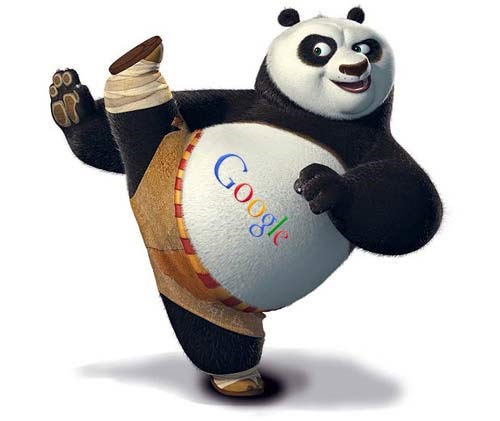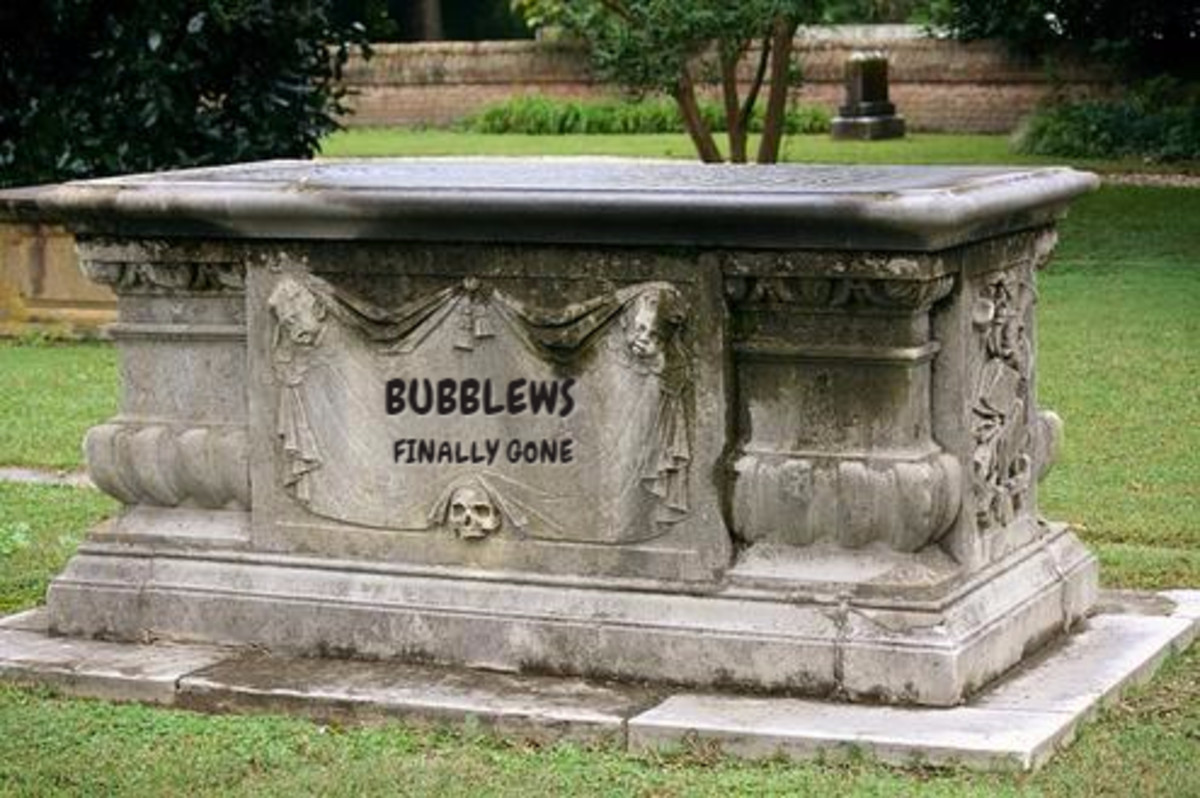- HubPages»
- Books, Literature, and Writing»
- Commercial & Creative Writing»
- Making Money as a Writer
The Death Knell of Online Publishing
Back in the Pliestocine
In the Early years of this Century there were a plethora of online writing sites.
Unless one had no life beyond writing on-line, it was not likely one could visit all of them in a week.
Whether Squidoo or Hubpages or Triond or Factoidz or Helium or Xomba; (just to reel off a few), a user had to focus on perhaps four or five sites.
A writer might be able to create good prose and publish one or two articles per site a week; if that many.
Some writing sites demanded over One Thousand Words per submission. A few would accept Three hundred, if it were a poem.
Some sites wanted a lot of images, some only accepted one as they were 'a writing site not a comic book'.
Some sites wanted links, others refused them. Some wanted a lot of subtopics and bold characters, some did not.
On some sites one could write a fiction story, others demanded hard facts with authorities.
Some writing sites would treat quotes as 'plagiarism', others accepted republished work.
In short, it was a writer's world.
In the early days of this very century, there were true writing sites.
If a site didn't pay or didn't pay well, the good writers departed, leaving only those who were on the very low edge of writing.
Stumbles and Searches
In those days, having a good title, using Keywords and SEO terms attracted the search engines and could become part of Stumbleupon's wide range of items.
It was not strange to find oneself on Hubpages or any other writing site when doing a search.
Nor was joining Stumbleupon and being directed to items published on these sites unusual.
In those days publishing sites were respected and obtained many views, many hits.
For this site to have Twelve Million Views a month was normal.

Enter the Panda
In 2O1O, Google, was anxious to introduce its own writing site.
Being Google it wanted to push a non paying writing site; a site that demanded a lot and paid Zero.
Obviously, they would be laughed off the 'Net.
Unless....
Google, doing evil, decided to label online PAYING publishing sites as 'Content Farms'.
A site labelled a Content Farm would be given a minus score. All items on that Paying Writing Site would NOT appear in a Google Search.

The Realities
It is, to some extent true, that many online writing sites were Content Farms. It was on these sites what I term 'crapwriters' would play SEO [Search Engine Optimisation] and Keywords.
For example, a Crapwriter, noticing that the term 'Exercise' was trending, would write about one thousand words. The Crapwriter would repeat the word 'Exercise' in nearly every sentence.
The item would say nothing, it was just a bunch of trite expressions tossed together but had the 'keyword'
EXAMPLE
"All over the world people are interested in Exercise. You are probably thinking about Exercise. Perhaps you are afraid of Exercise. But Exercise is nothing to be afraid of. Everyone can exercise..."
Empty prose as this went on and on, not describing any exercise at all, but coming on top in search of 'exercise'.
The next day the trending word is 'Vegetarian'.
"All over the world people are interested in becoming Vegetarian. You are probably thinking about becoming Vegetarian. Perhaps you are afraid of going Vegetarian. But being a Vegetarian is nothing to be Afraid of. Everyone can become vegetarian..."
A writing site publishing this kind of stuff proves it has no human moderators. Not having human moderators always leads to disaster.
It is easy to blame the site for not being pro active or having real moderation. Easy to make the public believing that the Panda was doing some kind of service to the writing public.
Many people thought, wrongly, that what Google was doing was 'right', until the reality shoved in.
Google was trying to kill on line writing sites that paid to force people to write for its site. For its non paying 'Knol'... which did not survive very long.
However, what Google did, by not returning any item published on a paying site in its searches, began a serial murder of online writing sites.
Most have closed, the few that survive either pay very badly or are non paying.
Deaths and Scams
As writing sites closed or became non paying, various scammers popped onto the scene, the most famous was Bubblews.
It was what has been called 'a non viable business model'.
For example, let us suppose a site received 1c for every 1O views of its ad. It loads a page with Ads and tells the writer that s/he will get 1c for every 2O views.
In this way, the site makes 2c and pays 1c.
The 'payment' method Bubblews adopted made no sense. How it could afford to pay 1c for every hit and every like?
As Bubblews always paid that first redemption, [one needed to earn Twenty Five Dollars for Redemption] people were convinced that the site was legitimate.
The second redemption was not paid in most cases. Only those who brought in other users and defended the site on other writing sites would get that Second pay out.
Most users didn't get that second redemption. However, they kept writing, assuming they would get it.
This was the trick.
One would write and write, reach the first redemption, get it, and assuming the site was legit, write their fingers off.
They'd quickly put in for their second, and continue to work. They would reach their third, assuming the second was late, as they worked for their fourth.
With all these items filling the site, with hundreds of thousands of people flocking to the site to write, to like, to comment, the advertisers were seeing a site with millions of views, and paying.
Money was rolling into the owner's pockets, writers were complaining.
Most American writers were paid.
Some were called plagiarists and banned. some items were marked sub standard and rejected.
Americans who have very strong legal protection would not be provoked to call their Attorney General.
Those from Third and Fourth world countries were ripped off. They were not paid after the first.
During this time, sites like Triond died.
Wikinut ceased to pay.
Sites that paid found themselves moving from the 1c for 2O to 1c for 2OO views.
Writers who used to receive at least Fifty dollars every month from each site they wrote for went to Five Dollars, then to Fifty cents.
Writers just couldn't be bothered any more.








